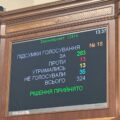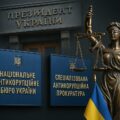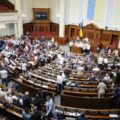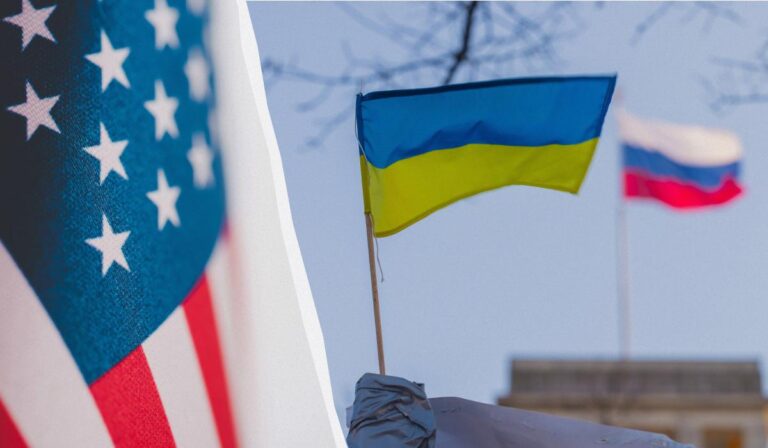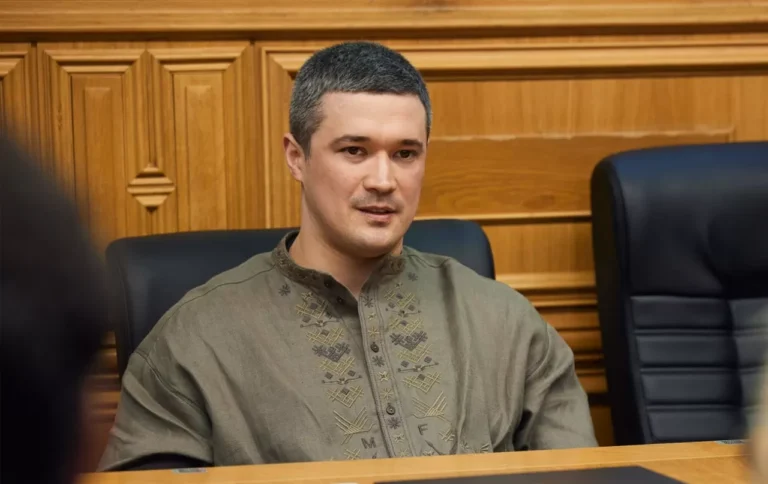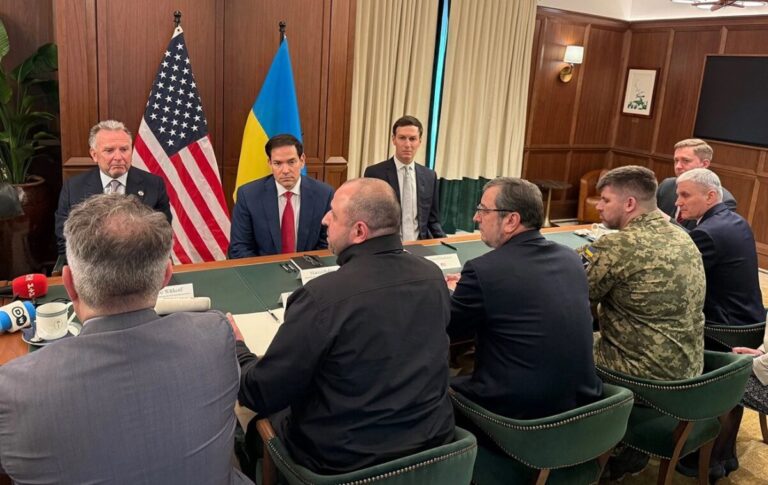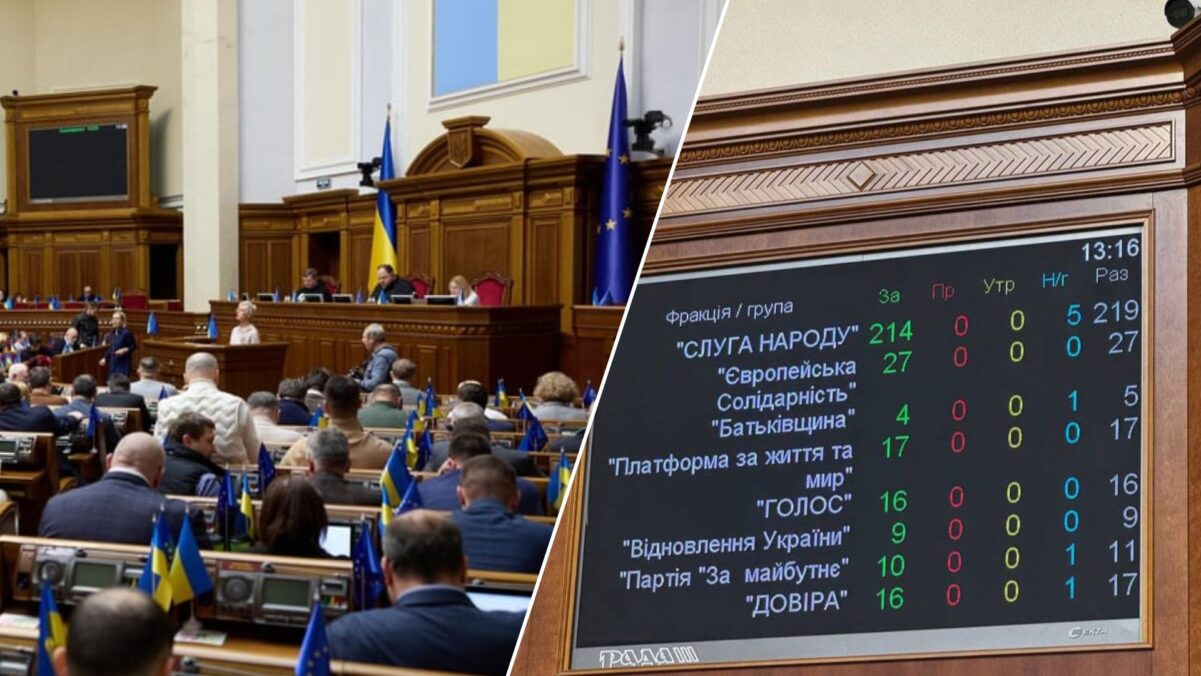
Why Ukraine is restoring the independence of NABU and SAPO: what changed in 2025
On 31 July, the Verkhovna Rada of Ukraine adopted in the first reading and as a whole Draft Law No. 13533, submitted by President Volodymyr Zelenskyy, concerning the strengthening of the powers of the National Anti-Corruption Bureau of Ukraine (NABU) and the Specialized Anti-Corruption Prosecutor’s Office (SAPO). A total of 331 Members of Parliament from various factions voted in favor. “Servant of the People” contributed more than two-thirds of the votes, but the initiative was also supported by “European Solidarity”, “Batkivshchyna”, “Holos”, “Platform for Life and Peace”, the “Dovira” and “Restoration of Ukraine” groups, among others. Not a single vote was cast against.
President Volodymyr Zelenskyy immediately signed the adopted law, and the text was promptly published. The president publicly thanked MPs for their unity, emphasizing: “This guarantees proper, independent work of the anti-corruption bodies and all law enforcement agencies of our state. It is very important that the state listens to public opinion. Ukraine is a democracy there is absolutely no doubt.”
What the New Law Changes: Main Provisions and Focus
The content of Draft Law No. 13533 is aimed at enhancing internal control and protecting the independence of key anti-corruption bodies.
The main changes are as follows:
- Internal control and polygraph testing: all employees of NABU, SAPO, the Economic Security Bureau, the Prosecutor General’s Office, the State Bureau of Investigation, and the National Police with access to state secrets must undergo polygraph checks at least once every two years. The aim is to detect possible contacts with the aggressor state or violations of security standards.
- SBU vetting: within six months after the law enters into force, the Security Service of Ukraine (SBU) must conduct additional checks of all employees with access to state secrets in the relevant agencies.
- Search and extradition: the Prosecutor General’s Office and the Ministry of Justice must intensify the search for and extradition of individuals evading justice, including suspects in corruption cases.
- Asset recovery: in cooperation with NABU, the Economic Security Bureau, SBI, SBU, the National Police, ARMA, and the State Financial Monitoring Service, the mechanisms for tracing and returning criminal assets from abroad are to be strengthened.
- Restrictions on traveling abroad: during martial law, NABU employees may leave Ukraine only on official business trips. This measure is intended to prevent potential abuses or attempts to flee during wartime.
Context: Crisis of Trust and Public Reaction
The adoption of this law was preceded by a public crisis of trust regarding the independence of anti-corruption bodies. On 22 July, Parliament had previously passed a law that gave the Prosecutor General, appointed by the president, expanded powers over NABU and SAPO. This move provoked a sharp reaction from experts and thousands of protesters across the country.
NABU Director Semen Kryvonos publicly stated:
“This pressure campaign is a direct response to the effectiveness of our investigations, including those targeting high-ranking officials and Members of Parliament. This decision threatens not only the work of anti-corruption bodies but also Ukraine’s Euro-Atlantic aspirations.”
Civil society and international partners emphasized that real independence of NABU and SAPO is a critically important criterion for Ukraine’s integration into the EU and NATO, as well as for donor trust.
Reaction of Anti-Corruption Agencies and Prospects
After harsh criticism, President Zelenskyy announced a new draft law, which effectively restores the independence of NABU and SAPO and addresses the disputed provisions.
NABU and SAPO officially welcomed this initiative. The anti-corruption community noted:
“Broad support in the Verkhovna Rada sends a signal that Ukraine can respond to public demand and restore trust in its institutions, even in times of crisis.”
Will This Law Guarantee Independence?
Draft Law No. 13533 not only introduces new procedures for control and security but is also a test for the entire system of state governance:
- Will the independence of NABU and SAPO be real?
- Is there enough political will to protect investigations into high-level officials?
- Can Ukraine prove to its partners and citizens that it is moving towards genuine reform?
As of now, this law is a response to public pressure, an attempt to restore balance between control and independence, and an example of how a crisis can become a point of growth for democratic institutions.
The adopted changes set a new standard of transparency, control, and accountability for anti-corruption agencies. But their real effectiveness will depend not only on the text of the law, but also on the further actions of the authorities and society.




